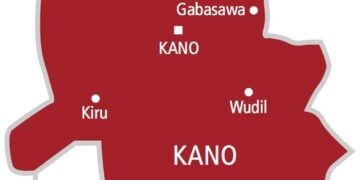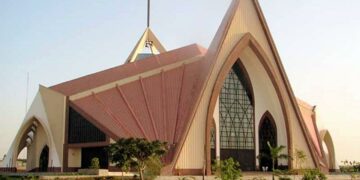Federal Ministry of Environment has said Nigeria is among 12 pioneering countries that leverage mapping technologies to monitor deforestation and land use changes, while integrating conservation data into national planning frameworks.
The ministry’s director of Forestry, Halima Bawa-Bwari, disclosed that during the Net-Zero Nature-Positive Inception Workshop, held yesterday, in Abuja.
She explained that the efforts are about protecting nature, securing livelihoods, promoting sustainable development and ensuring that future generations inherit a thriving natural heritage.
The director pledged that the ministry, with support from the Global Environment Facility (GEF) and UNDP, has intensified efforts towards building a model that demonstrates how climate action and nature conservation can go hand in hand.
She said Nigeria’s commitment to a net-zero, nature-positive future is not just aspirational; it is grounded in action, from updating its newly submitted Nationally Determined Contributions (NDCs) to reflect more ambitious climate targets, and actively investing in nature-based solutions that deliver both mitigation and adaptation benefits.
“In the realm of biodiversity conservation, Nigeria has made significant strides. We are home to over 17 national parks, 1,129 forest reserves, and numerous game reserves, wildlife sanctuaries, and Ramsar sites, each playing a vital role in preserving our rich ecosystems. We are working to restore degraded lands, protect endangered species, and strengthen the management of protected areas.
“We are also embracing innovation, leveraging mapping technologies to monitor deforestation and land use changes, while integrating conservation data into national planning frameworks. These efforts are not only about protecting nature, they are about securing livelihoods, promoting sustainable development, and ensuring that future generations inherit a thriving natural heritage”, she said.
Earlier, the UNDP resident representative in Nigeria, Ms Elsie G. Attafuah, reiterated that the workshop was not only to launch a project, but to ignite a movement that reflects Nigeria’s bold commitments to achieve Net Zero emissions by 2060 and to conserve 30 percent of its land and marine ecosystems by 2030.




